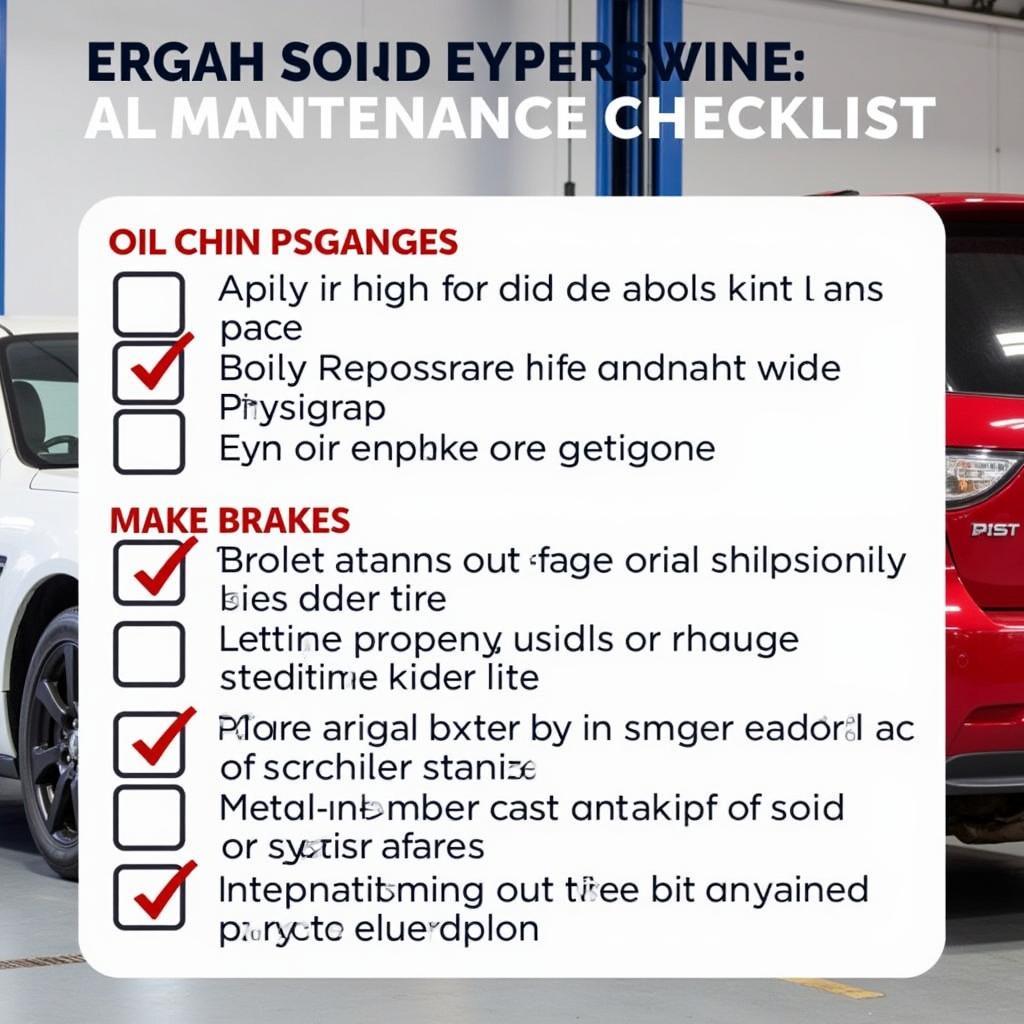Trading in a car with mechanical problems is a common question for car owners. Whether it’s a persistent check engine light, a clunky transmission, or a failing engine, these issues can make you wonder about your trade-in options. Can you even trade it in? What will the impact be on the value? This article will explore these questions and provide practical advice on navigating this often-complex process. You might be surprised to learn that you can often trade in a car with issues. Let’s explore the details. For more insight on selling a vehicle with issues, check out selling a used car with mechanical problems.
Understanding Your Options When Trading in a Car with Problems
Several options are available when trading in a car with mechanical problems. Each option has its pros and cons, so it’s crucial to understand them thoroughly to make an informed decision.
Trading In to a Dealership
Most dealerships will accept a trade-in, even with mechanical problems. They often factor the repair costs into the trade-in value, offering a lower amount than for a car in perfect working order. Dealerships have established processes for handling these situations, which can simplify the process for the seller. However, the trade-in offer might be significantly less than what you’d hope for.
Selling to a Private Buyer
Selling directly to a private buyer might fetch a higher price than trading in at a dealership, especially if the buyer is mechanically inclined or looking for a project car. However, you’ll need to be fully transparent about the mechanical issues. This option often involves more effort, including advertising, negotiating, and handling the paperwork. Find out if dealers will accept your car with engine problems: will a dealer take a car with engine problems.
Selling to a Junkyard or Scrap Yard
If the repairs are extensive and costly, selling to a junkyard or scrap yard might be the most practical solution. This option is often best for vehicles with significant damage or those nearing the end of their lifespan. While the payout might be lower than other options, it provides a quick and hassle-free way to dispose of your vehicle.
How Mechanical Problems Affect Trade-In Value
The extent and type of mechanical problems significantly impact the trade-in value. Minor issues, such as a worn-out battery or brake pads, might have a minimal effect. However, major issues like engine or transmission problems can dramatically reduce the trade-in value. Dealerships typically deduct the estimated repair costs from the vehicle’s market value to arrive at the trade-in offer.
- Minor Problems: These include worn tires, minor leaks, or cosmetic damage.
- Moderate Problems: This category might include issues with the brakes, suspension, or exhaust system.
- Major Problems: This encompasses serious issues like engine or transmission failure, significant body damage, or electrical system malfunctions.
“Transparency is key when trading in a car with mechanical problems,” advises automotive expert, James Miller, ASE Certified Master Technician. “Be upfront about the issues to build trust and avoid potential complications down the line.”
Preparing Your Car for Trade-In
Even with mechanical issues, preparing your car for trade-in can maximize its value. While you might not want to invest in major repairs, addressing minor issues and ensuring the car is clean and presentable can make a difference.
- Gather Maintenance Records: Having a comprehensive history of maintenance can demonstrate that the car has been cared for, even with existing problems.
- Address Minor Issues: Fixing minor problems like a cracked taillight or a worn wiper blade can improve the overall impression.
- Clean the Car Thoroughly: A clean car always looks more appealing and can make a positive impact on the potential trade-in value.
Negotiating the Best Trade-In Deal
Negotiating a trade-in deal involves understanding the market value of your car, considering the repair costs, and being prepared to walk away if the offer isn’t satisfactory. Researching similar vehicles with similar problems can provide a benchmark for a reasonable trade-in value. Don’t be afraid to negotiate, even if the initial offer seems low. If you’re concerned about disclosure issues, learn more at car trade in disclosure problems.
“Knowing your car’s worth, even with its issues, gives you a strong foundation for negotiation,” says Sarah Chen, automotive valuation specialist. “Research and preparation are your best tools in this process.” You can also see if Carvana is a good option for your situation: will carvana buy a car with engine problems.
Conclusion
Trading in a car with mechanical problems can be a viable option. Understanding your options, preparing your car, and being knowledgeable about the market can help you navigate the process effectively. By being proactive and informed, you can secure the best possible trade-in value for your vehicle, even with its mechanical challenges. If you have further questions or need assistance with your car trade-in, please don’t hesitate to contact us at AutoTipPro. Our team of automotive experts is ready to help. You can reach us at +1 (641) 206-8880 or visit our office at 500 N St Mary’s St, San Antonio, TX 78205, United States. We’re here to support you through every step of the process. It’s important to understand the potential problems with car dealerships as well.





Leave a Reply